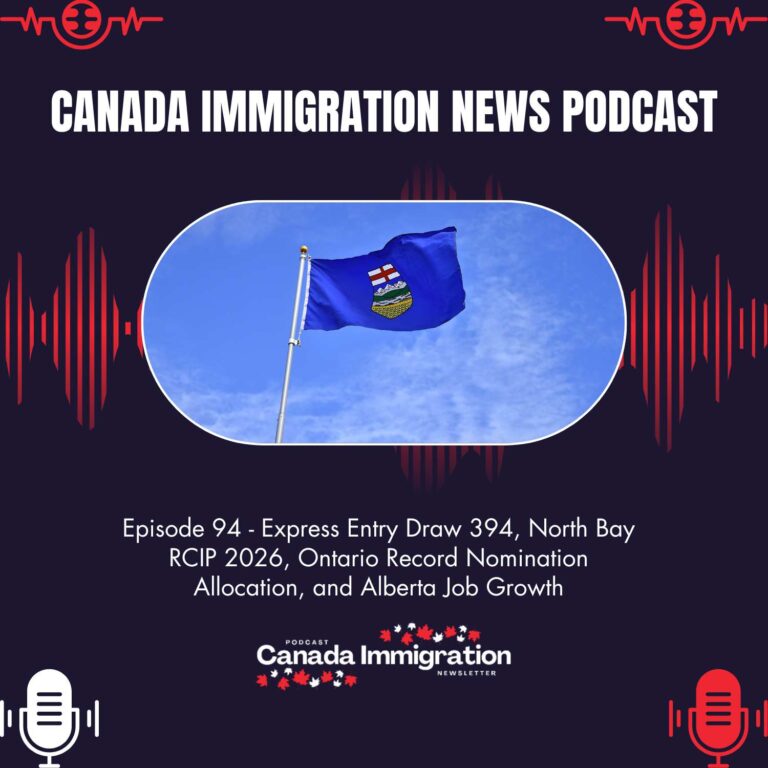Immigration Announcement
Canada’s Border Bill C-12 Raises Questions About Undefined Immigration Powers

A new piece of legislation has stirred intense debate across Canada’s political and immigration landscape. Canada’s border bill sparks debate over undefined immigration powers as Immigration Minister Lena Diab defended the government’s choice to keep certain terms, particularly “public interest,” deliberately open-ended. While Ottawa claims the flexibility is essential to address unexpected national emergencies, many experts and community groups are voicing serious concerns over how such powers could be used.
What Bill C-12 Proposes and Why It Matters
Bill C-12, officially titled the Border Security and Immigration Control Act, gives the federal government authority to pause or revoke immigration applications under certain public interest scenarios. However, the lack of a clear definition for “public interest” has raised alarms.
During a parliamentary hearing, Minister Diab explained that the undefined clause ensures flexibility during “unforeseen events,” such as national security threats or global health emergencies. She even pointed to the COVID-19 pandemic as an example where such authority might have streamlined immigration management.
Critics, however, argue that leaving the term open allows too much discretionary power, potentially enabling mass cancellations or unfair targeting of specific groups.
Concerns from Opposition and Civil Society
Conservative immigration critic Michelle Rempel Garner questioned the absence of concrete safeguards, warning that the legislation could be “open to abuse.” She argued that the undefined powers could permit the government to act without sufficient oversight.
Meanwhile, more than 300 civil society and migrant rights organizations have urged Ottawa to withdraw or revise Bill C-12. Their biggest fears include:
- The possibility of mass document revocations without clear justification.
- The lack of an appeal process for affected applicants.
- Limited transparency on how “public interest” decisions are made.
Government officials maintain that all actions under Bill C-12 would comply with the Canadian Charter of Rights and Freedoms, and that decisions would be published through cabinet orders in the Canada Gazette.
Supporters Argue for Flexibility
Despite criticism, supporters within the government and public administration see value in Bill C-12’s flexibility. According to Diab and Immigration, Refugees and Citizenship Canada (IRCC) officials, these powers could help Canada respond more quickly to large-scale events for example, extending healthcare worker permits during a crisis or temporarily pausing visa processing to protect national safety.
They emphasize that any document revocation would not automatically remove a person’s legal status in Canada, which is a separate process. Individuals could also request corrections if they believe they were wrongly included in an order.
Balancing Security and Human Rights
At its core, this debate highlights a long-standing question: how can Canada maintain both strong border control and fair immigration policy? Experts warn that vague legal language leaves too much to interpretation, especially in times of political tension. Others argue that some degree of flexibility is necessary to handle unpredictable global events.
The outcome of this legislative debate could set a precedent for how Canada manages immigration powers in the future, particularly during emergencies like pandemics or conflicts.
A Debate That Will Shape Canada’s Immigration Future
As Canada’s border bill sparks debate over undefined immigration powers, the discussion underscores the delicate balance between security, flexibility, and fairness. Whether Bill C-12 becomes law or undergoes revision, it is clear that its implications will reach far beyond administrative processes, shaping how Canada defines “public interest” and protects immigrant rights for years to come.























